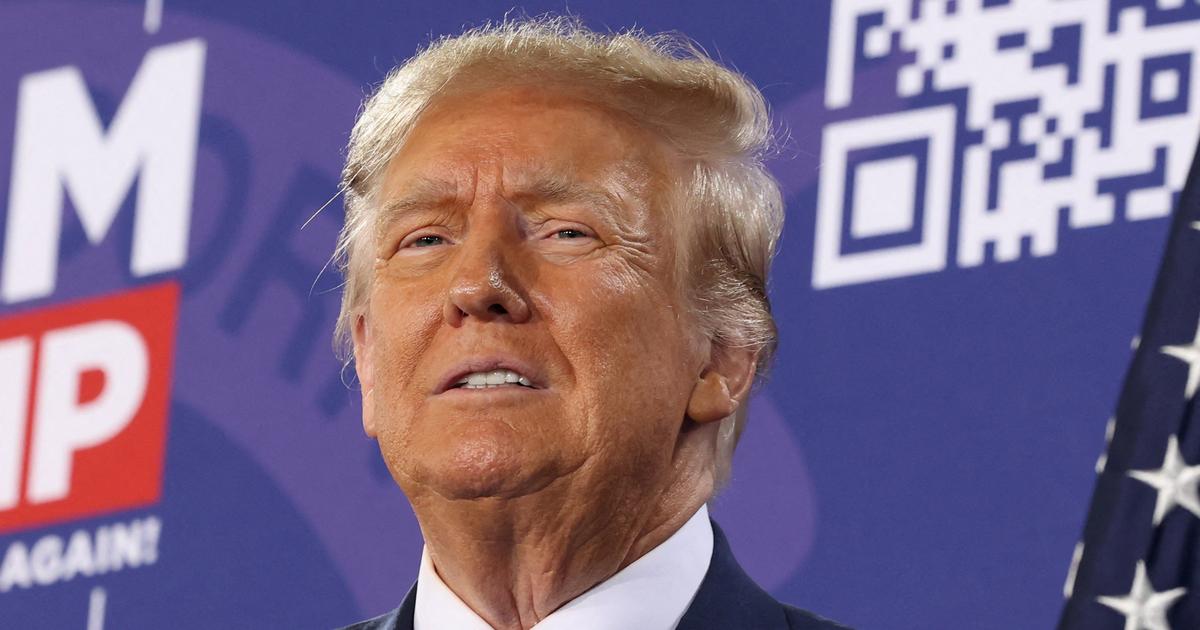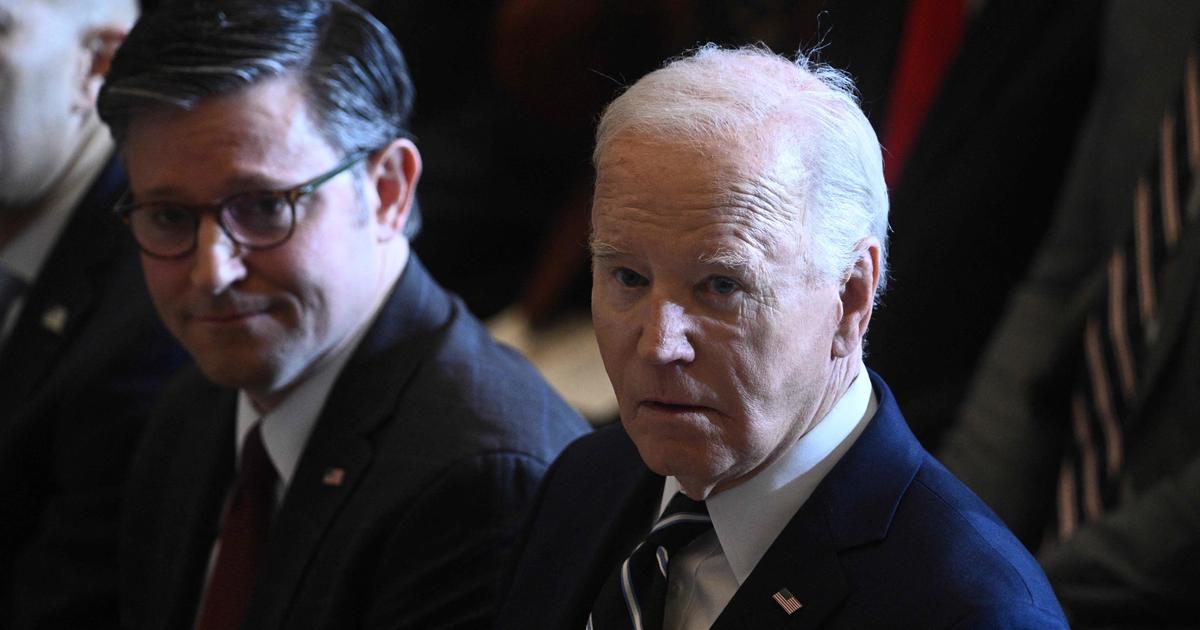Washington DC.— President Donald Trump personally ordered the drone air strike that killed Iranian general Qasem Soleimani on Thursday in Baghdad (Iraq).
Trump has argued hours later that the top Iranian military leader should have been eliminated "many years ago," as "directly or indirectly responsible for the deaths of millions of people." However, the attack launched by the Department of Defense should have been consulted with Congress, according to the Democratic leader in the House of Representatives, Nancy Pelosi.
To what extent can the president act without authorization from Congress?
The president cannot declare a war without authorization from Congress. As the House of Representatives explains, the founding fathers, reluctant to concentrate too much power in the hands of a single person, even if he were the president, decided that a declaration of war required a deep debate in an open forum by public representatives.
"The kings have always been putting the people into wars and impoverishing them, generally claiming, though not always, that it was for the good of the people," Abraham Lincoln wrote in 1848, during the conflict with Mexico.
In their opinion, the founding fathers "understood that this was the most oppressive of all real oppressions, and decided to design the Constitution so that no man could only have enough power to oppress us."
The first article of the Constitution , section 8, clause 1, indicates that Congress has the power to "provide for the common defense and general welfare of the United States." In clause 11, it gives him the power "to declare war," "recruit and sustain armies," and "enable and maintain an army."
Since 1789, Congress has declared war on 11 occasions against 10 countries and in five different conflicts. The president requested authorization from Congress in person or in writing. However, the last time was in 1942, that is, during World War II. Since then, what Congress has done is to authorize the use of military force against other countries (Vietnam, Iraq, etc.).
Despite this, several Administrations, especially after World War II , have laxly interpreted the notion of a defensive war, and have deployed armed forces without authorization from Congress, asking for it later and not always.
To resolve this ambiguity, Congress passed a law in November 1973, despite the veto of the then president, Richard Nixon , which has become the standard in these situations. Baptized as War Powers Act , it restricts the presidential power to declare war, and establishes the conditions that must be given to request authorization from Congress.
The president can order the use of military force in case of " a national emergency caused by an attack on the United States, its territories, or its armed forces." But, if you do not have prior parliamentary authorization, you must inform the Congress within the next 48 hours; Congressmen then have 60 days to approve or reject that action.
Several presidents, after Nixon, have questioned this rule because it allegedly cuts its executive power, and several have skipped it: Ronald Reagan sent the military to El Salvador in 1981 without informing Congress. Bill Clinton ordered air strikes in the Balkans and reported it to Congress, but did not ask permission by regulation, so he did not need a response in 60 days.
Trump has not asked Congress for permission on this occasion; some members of the Senate, under republican control, have said they talked about the attack with the president, but the House of Representatives was not informed.
Its leader, Nancy Pelosi has demanded after the attack that "the entire Congress be informed immediately about this serious situation and the next steps that the Administration will consider taking."
The House of Representatives approved in July a proposal that limited Trump's ability to launch attacks against Iran without the permission of Congress, to include it in the defense spending law for fiscal year 2020.
However, given the Republican objections in the Senate, that measure was eliminated from the final version approved by both houses of Congress.
https://twitter.com/TelemundoNews/status/1213198667286482944?s=20









/cloudfront-eu-central-1.images.arcpublishing.com/prisa/LDEIPN4CPRCWF6VXVUVOWH2Y5Y.jpg)